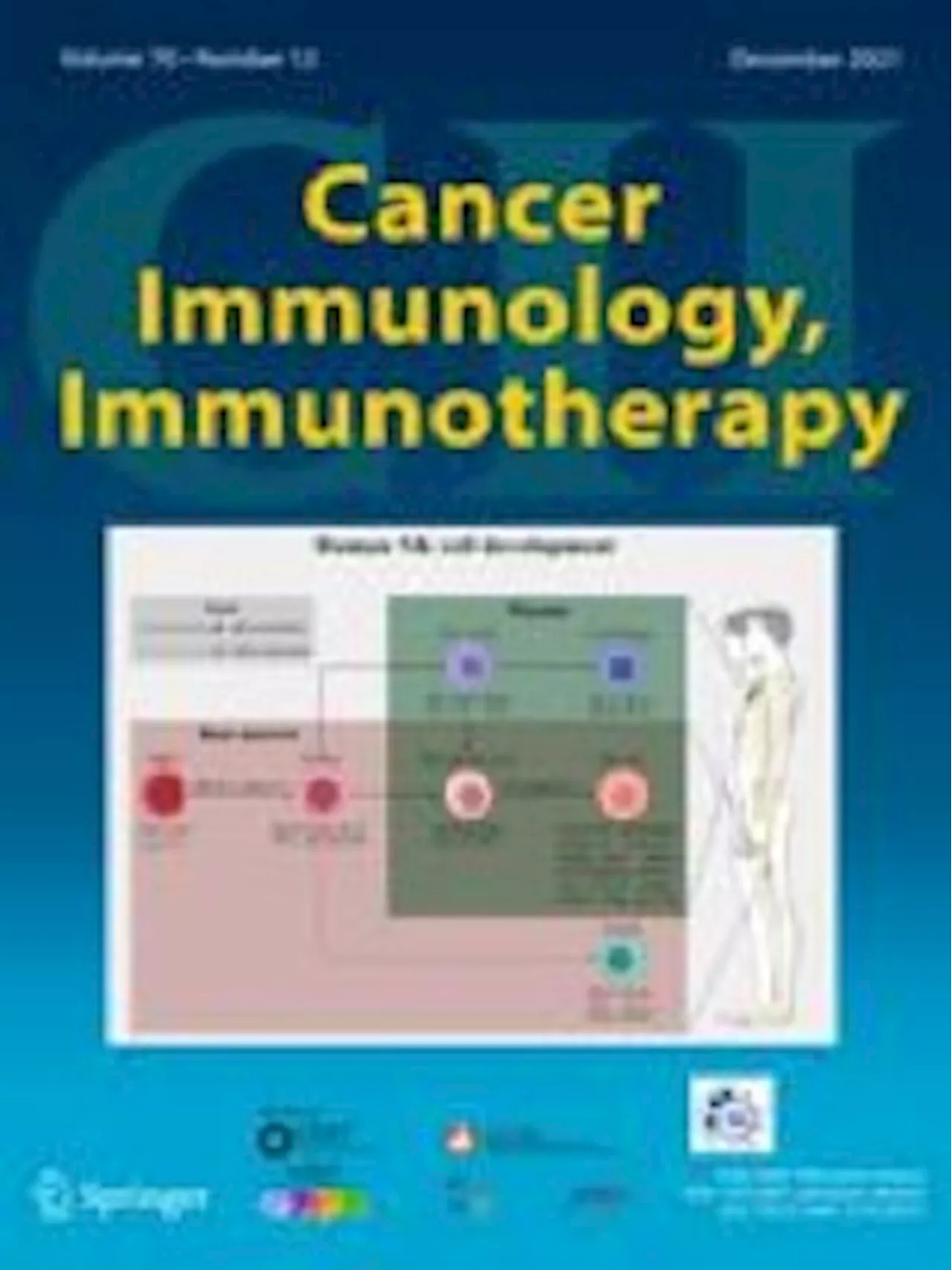This article discusses the potential of immune co-stimulation in enhancing immune activation and destabilizing the immunosuppressive tumor microenvironment. It focuses on CD137, a potent immune costimulatory receptor, and the development of a recombinant 4-1BBL protein for soluble co-stimulatory activity. The treatment with SA-4-1BBL shows promising results in inhibiting lung tumor development in mice.
Immunotherapy utilizing checkpoint inhibitors has shown remarkable success in the treatment of cancers. In addition to immune checkpoint inhibitors, immune co-stimulation has the potential to enhance immune activation and destabilize the immunosuppressive tumor microenvironment. CD137 , also known as 4-1BB , is one of the potent immune costimulatory receptors that could be targeted for effective immune co-stimulation.
The interaction of the 4-1BB receptor with its natural ligand (4-1BBL) generates a strong costimulatory signal for T cell proliferation and survival. 4-1BBL lacks costimulatory activity in soluble form. To obtain co-stimulatory activity in soluble form, a recombinant 4-1BBL protein was generated by fusing the extracellular domains of murine 4-1BBL to a modified version of streptavidin (SA-4-1BBL). Treatment with SA-4-1BBL inhibited the development of lung tumors in A/J mice induced by weekly injections of the tobacco carcinogen NNK for eight week
Immunotherapy Checkpoint Inhibitors Immune Co-Stimulation CD137 4-1BB 4-1BBL Lung Tumors Cancer Treatment
United States Latest News, United States Headlines
Similar News:You can also read news stories similar to this one that we have collected from other news sources.
 Scientists engineer potent immune cells for 'off-the-shelf' cancer immunotherapyUCLA scientists have developed a new method to engineer more powerful immune cells that can potentially be used for 'off-the-shelf' cell therapy to treat challenging cancers.
Scientists engineer potent immune cells for 'off-the-shelf' cancer immunotherapyUCLA scientists have developed a new method to engineer more powerful immune cells that can potentially be used for 'off-the-shelf' cell therapy to treat challenging cancers.
Read more »
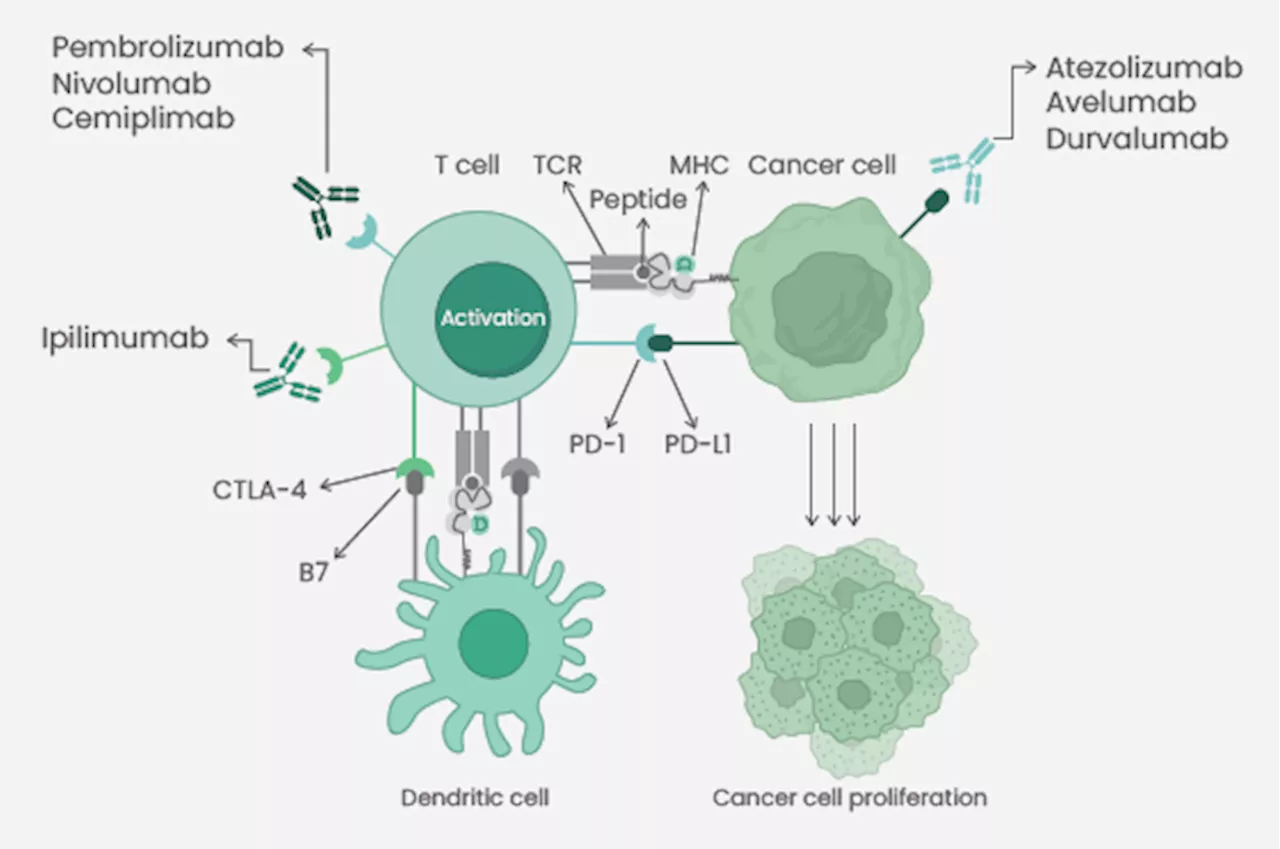 Cancer immunotherapy unleashed: Exploring the role of immune checkpoint inhibitorsThis article looks into cancer immunotherapy, immune checkpoint inhibitors (ICIs), and cancertreatment.
Cancer immunotherapy unleashed: Exploring the role of immune checkpoint inhibitorsThis article looks into cancer immunotherapy, immune checkpoint inhibitors (ICIs), and cancertreatment.
Read more »
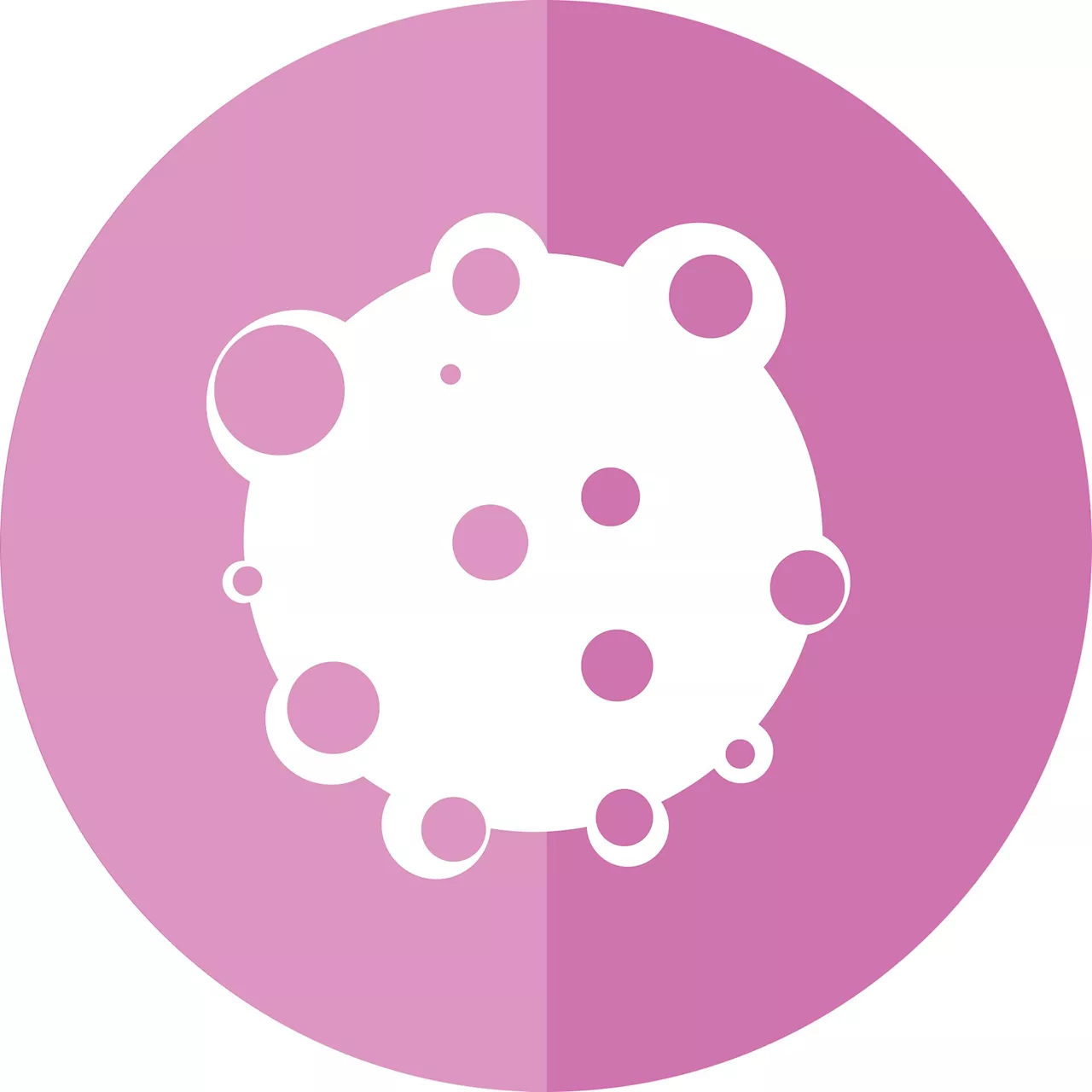 Immunotherapy plus an investigational cancer drug improves anti-tumor effectsAn investigational therapy for solid tumors could be especially effective when combined with immunotherapy to target a specific kind of cancer cell, a research team at Duke and Harvard have found.
Immunotherapy plus an investigational cancer drug improves anti-tumor effectsAn investigational therapy for solid tumors could be especially effective when combined with immunotherapy to target a specific kind of cancer cell, a research team at Duke and Harvard have found.
Read more »
 Improving the efficacy of cancer immunotherapy with modified CAR-T cellsCAR-T cell therapy is a last hope for many patients with blood, bone marrow or lymph gland cancer when other treatments such as chemotherapy are unsuccessful. A limiting factor of this otherwise very effective and safe therapy is that the cells used in the process quickly reach a state of exhaustion.
Improving the efficacy of cancer immunotherapy with modified CAR-T cellsCAR-T cell therapy is a last hope for many patients with blood, bone marrow or lymph gland cancer when other treatments such as chemotherapy are unsuccessful. A limiting factor of this otherwise very effective and safe therapy is that the cells used in the process quickly reach a state of exhaustion.
Read more »
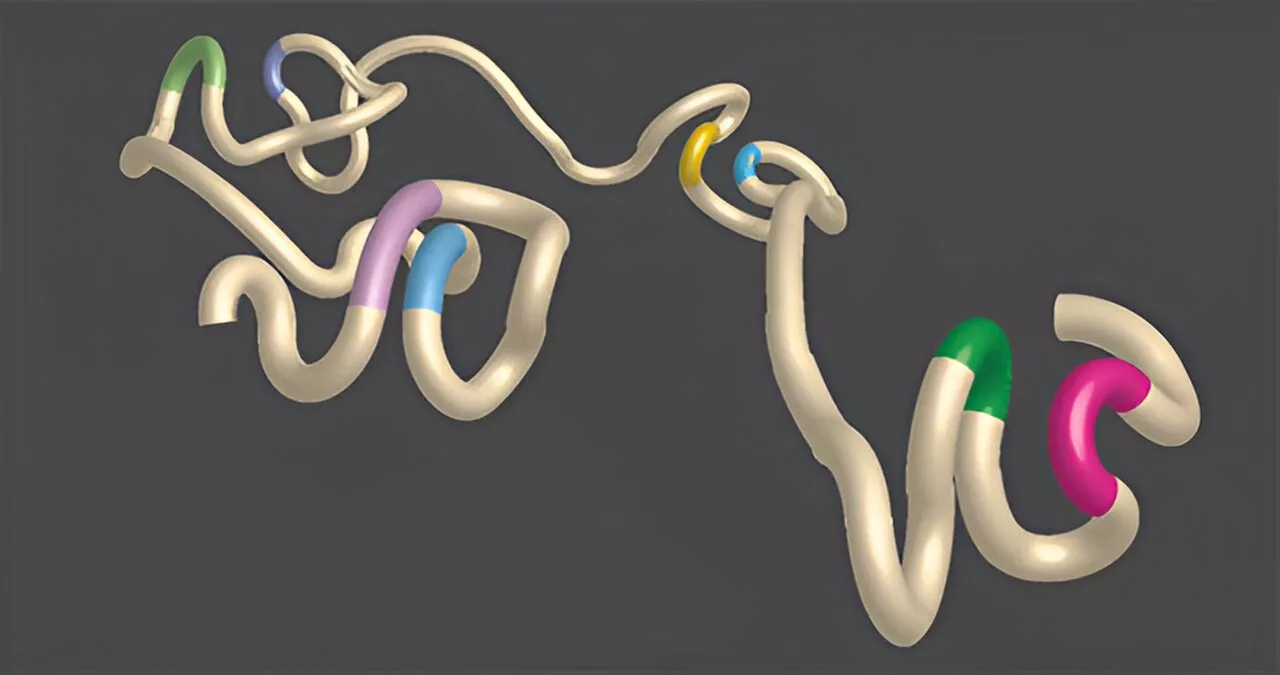 Genetic architecture may be key to using peacekeeping immune cells to treat autoimmunity or fight cancerRegulatory T cells are specialized immune cells that suppress the immune response and prevent the body from attacking its own cells. Understanding how these cells work is key to determining how they might be manipulated to encourage the destruction of cancer cells or prevent autoimmunity.
Genetic architecture may be key to using peacekeeping immune cells to treat autoimmunity or fight cancerRegulatory T cells are specialized immune cells that suppress the immune response and prevent the body from attacking its own cells. Understanding how these cells work is key to determining how they might be manipulated to encourage the destruction of cancer cells or prevent autoimmunity.
Read more »
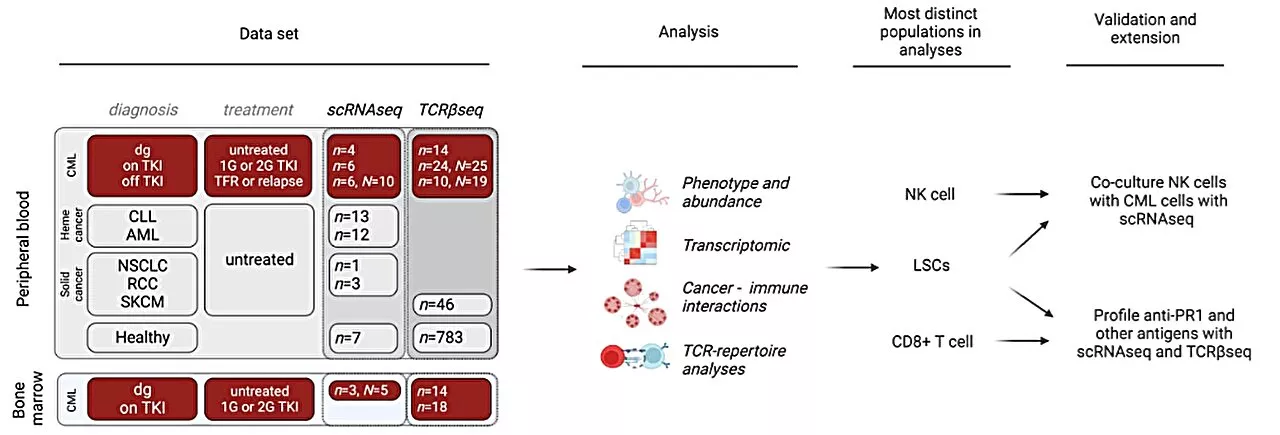 Boosting immune system in chronic myeloid leukemia may lead to discontinuation of blood cancer drugsIn a recent study published in Leukemia, Finnish researchers investigated why some patients with chronic myeloid leukemia (CML) can discontinue their daily medication safely.
Boosting immune system in chronic myeloid leukemia may lead to discontinuation of blood cancer drugsIn a recent study published in Leukemia, Finnish researchers investigated why some patients with chronic myeloid leukemia (CML) can discontinue their daily medication safely.
Read more »
